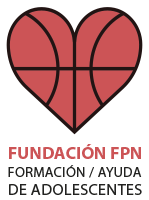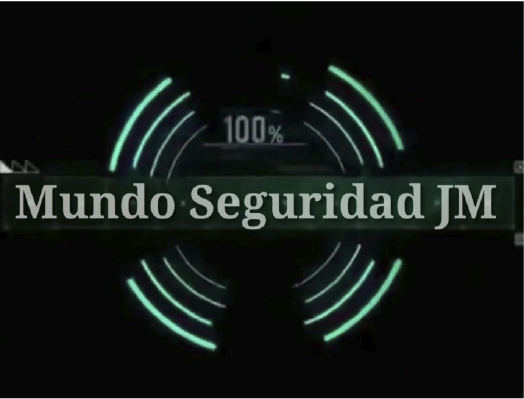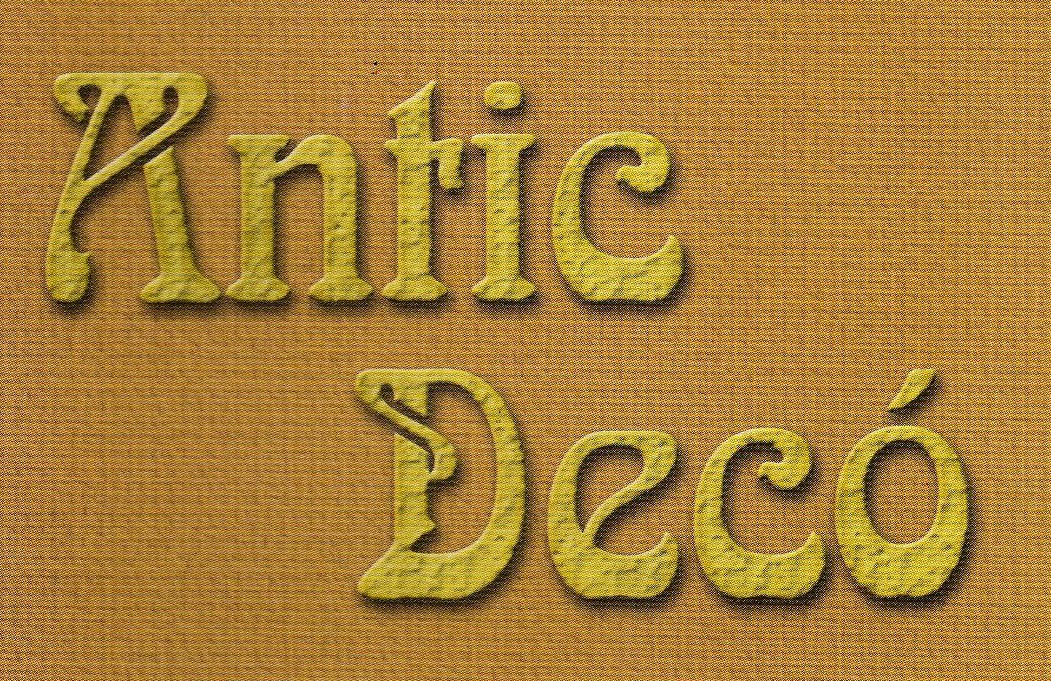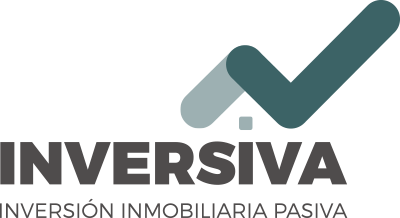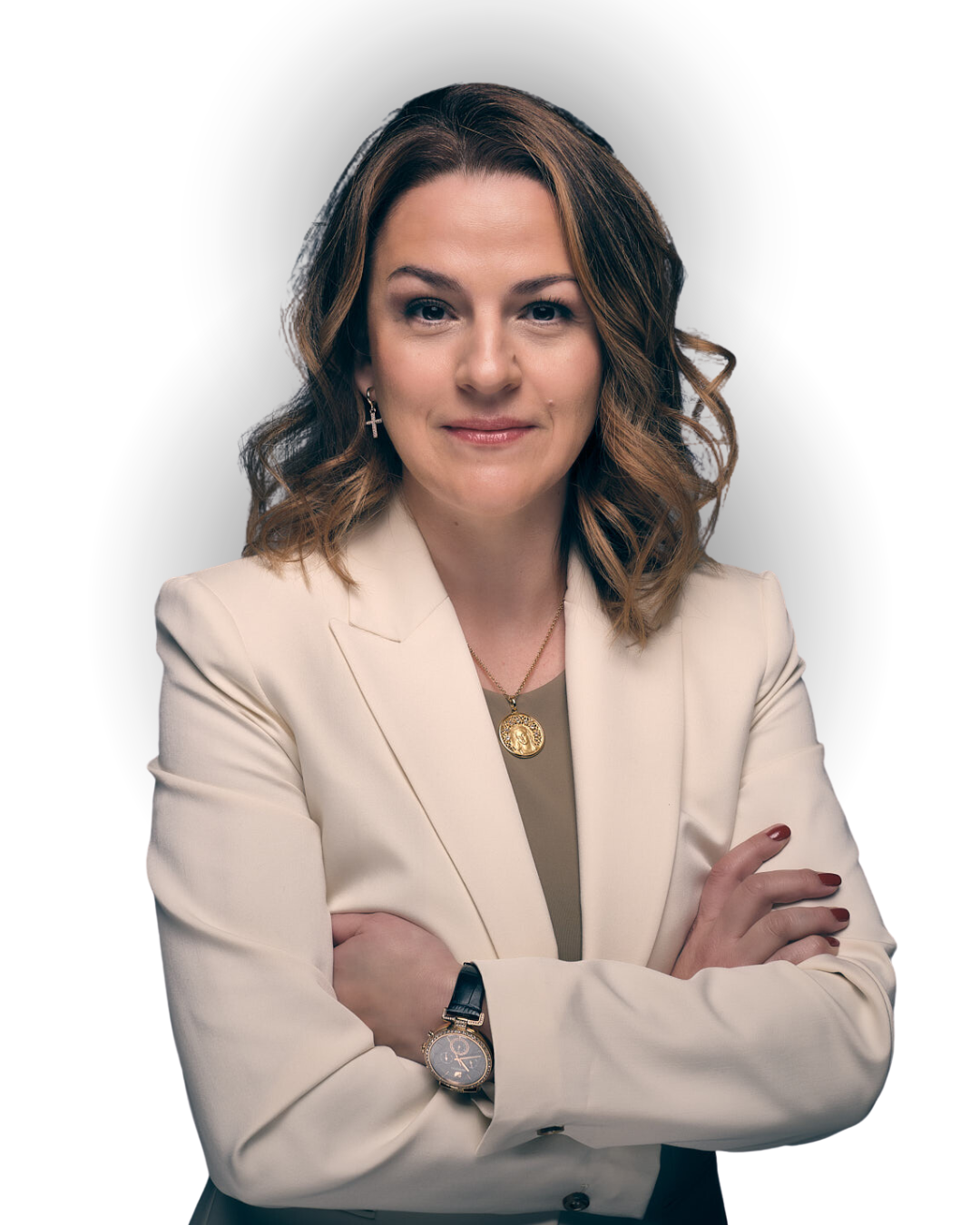Reflections on RFEF's decision not to resume the 2nd B and 3rd Division competitions.

The context of the 80s of the last century was controversial and the professional players of the 1st Division had to go on strike in the 1984/85 season to get recognition, such as RD 1006/1985. Nor is it wasted it recalls the episode known as "Hesperia Mutiny" in which FC Barcelona first team players claimed their rights, and among them the registration in social security, since while the Madrid internationals were, the Barcelona players were not. Therefore, the context of the 1990 legislator was that of a transition from a peculiar sports business culture, which had to be addressed. Indeed, the 1990 legislator spoke of professional, high-level and federated athletes. To determine the classification we must go to other legislative bodies and thus we arrive at the aforementioned RD 1006/1985, of June 26, which regulates the special employment relationship of professional athletes. Specifically, article 1 of the aforementioned RD says «Art.1. Area of application. One.― This Royal Decree regulates the special employment relationship of professional athletes, referred to in article two, number one, section d) of the Workers' Statute. Two.― They are professional athletes who, by virtue of a relationship established on a regular basis, dedicate themselves voluntarily to the practice of sport on behalf of and within the scope of organization and management of a sports club or entity in exchange for remuneration».
It is evident that the players of the 1st and 2nd Division, as they belong to the Association of the National Professional Football League, receive treatment of the highest legal and economic level. However, it is clear that the professional soccer players who play in 2a B and 3a do not have these privileges, and this derives from the fact that quality treatment is not given to the bronze category, since it has 80 teams (almost twice as many as those that make up the two professional categories), and there is no economic or legal order that allows this category to be properly delimited.
Article 122 of the RFEF Regulation establishes that «1. Soccer players are classified according to the remuneration they receive for their soccer activity, into professionals and non-professionals. 2. Soccer players who receive a remuneration that exceeds the compensation of expenses derived from soccer activity, will be professionals, and must process a type "P" license, regardless of the category to which the team for which the player is registered is assigned. soccer player. The request for this kind of registration must be submitted with a copy of the footballer's contract. Article 121 of the same Regulation requires clubs and SAD of 2a B a minimum of 6 P tokens.
At this point, it is unquestionable that there are professional athletes in 2aB due to regulatory imperative, but on the other hand, if we take into account that the bronze category is demanding, that the clubs and SAD that make it up are professional entities, and that they are increasingly plus the professional players that are in this category, being the budgets of the 4 teams that descend absolutely millionaires each year (the 2 million Professional League canon is returned to them, plus the aid for relegation) and that other teams intend to raise to 2a A and compete with high incomes that do not derive from television rights and that do derive from subscriptions, sponsorships, and public attendance on game day, because without a doubt, we are facing a market of 80 professional teams that, unfortunately, , the regulations exclude them from being considered professionals.
Indeed, the big issue that has been debated in recent weeks is the possible scenario of comparative tort between the professional athletes of 2a B and those of 1a and 2a A who have been able to exercise their right to work.
The covid-19 pandemic is an exceptional event that can allow exceptional decisions to be made, but an exceptional decision can never discriminate against citizens based on sex, professional category, and this under no circumstances. The CSD and the Ministry of Health allow the return to professional, high-level and federative sport, but nevertheless RFEF does not have the legitimacy to issue a resolution contrary to the mandates of the CSD, Ministry of Health and also violating the right to work of hundreds of professional football workers who are not allowed to compete. Let's not forget what we can read in the Explanatory Memorandum of the Sports Law says «The Law also pays specific attention to the Spanish Sports Federations and the Professional Leagues as second degree associative forms. For the first time, the legal-private nature of the Federations is recognized in the legislation, while at the same time public functions of an administrative nature are attributed to them. It is in this last dimension that the different rules of guardianship and control that the State Administration can exercise over the Federations are based and that the Law, precautionary, has established with absolute and exquisite respect for the principles of self-organization that are compatible with the vigilance and protection of public interests in presence”. Article 41 Sports Law regulates professional leagues, and arts. 7 and 8 regulate the CSD, while article 30 regulates the Sports Federation. It is clear that a federation, despite being a private entity, has "the seal of official status" and is a "collaborating body of the Administration", which is why a resolution issued by the RFEF can fall within the scope of the crime of prevarication administrative of art. 404 Penal Code.
With due caution, we believe that the RFEF's decision issued last Friday by the Delegated Commission enters into a legally gray scenario. Indeed, the resolution that approved the proposal that the President of the RFEF had been exposing since mid-April to end the season and not resume it is arbitrary. Let's not lose sight of the fact that the Protocol published by the CSD and the Ministry of Health, plus the corresponding ministerial orders that allow the return to sport, are being applied by the 1st and 2nd Division. However, the decision to partially resume the 2a B and 3a competition may violate the constitutional framework and the existing and current regulatory framework. On the one hand, from the constitutional level, the right to work of art. 35 of the Spanish Constitution plus the right to freedom of enterprise of art. 38 of the same Constitution causes 2a B workers and companies to be clearly discriminated against for reasons that the RFEF does not explain, but if the reasons are strictly federative, that is, considering 2a B as non-professional, without a doubt, it is a negative discrimination that brands as unconstitutional the decision not to resume the season for 64 teams, but to allow another 16 teams to play express promotion playoffs. Therefore, a second discrimination is in sight that now strictly affects 2a B soccer workers and 2a B clubs, since 64 companies do not return to activity but 16 do, and in addition, the 16 that do return may have the final prize of ascending to the professional Spanish League and obtaining the millionaire benefits of television rights, which opens the stage for a third arbitrary discrimination that the RFEF agreed to last Friday. At the level of ordinary legislation and regulations, we find that no legal precept allows the RFEF to agree on what it agreed to. In this sense, article 187 General Regulations of the RFEF «Article 187. Sports season. 1. The official season will begin on July 1 of each year and will end on June 30 of the following. 2. The competitions organized by the Autonomous Federations that qualify to participate in those at the state level must end fifteen days before, at least, the date set for the start of the latter». In other words, on Friday, May 8, 2020, it was decided to suspend the 2a B and 3a competition, except for possible express promotion playoffs. However, the 10 pending regular league days could be played if the 2a B and 3a clubs had returned to training as the Ministry of Health authorized on May 3, 2020 with effect May 4, 2020. We are talking about 10 days of regular league that can be played in 5 weeks at the rate of two weekly games from the last week of May, and thus the season would end on June 30. Arrived on June 30 and with the entire regular league finished, it would be the best scenario to decide if playoff promotion qualifiers are practiced or not. In this sense, it is agreed not to resume
COLLABORATORS / SPONSORS

SPECIALIST LEGAL SERVICES FOR FOREIGN ATHLETES: IMMIGRATION AND NATIONALITY
Carolina Morales López
Lawyer
Whatsapp: 679 528 568
Email: carolinamoraleslopez@icab.cat



